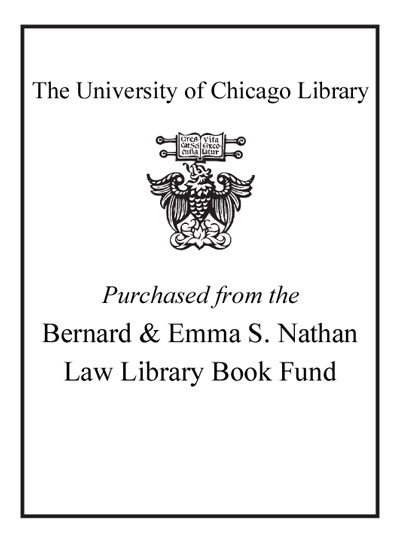Review by Choice Review
In this timely book, Deibert (political science, Univ. of Toronto) and colleagues, principal investigators of the OpenNet Initiative , present an overview of the current social, political, and legal issues surrounding Internet use in 40 countries. The ambitious work encompasses broader issues as well as region/country-specific examples, while acknowledging the quickly changing landscape. The point-in-time regional/country-specific surveys of the political and social repressions demonstrate the power of blogs, information media, and open Web access in threatening existing religious beliefs and governance in each country. Jailing bloggers and shutting down Web sites are but part of the reduced civil liberties in many places. Internet censorship and filtering (which occur in some countries) are alien concepts for many Americans, who often take open access for granted because of the constitutional freedoms of the press and personal expression. Democratic environments rely on open discourse and free speech, but the dark side of misuse of the Web for crime and abuse exists. The physical and financial barriers to access for many people are additional limitations for sharing ideas and information. The editors and contributors have well-established achievements and credentials in international legal and social policy fields associated with the Internet. Summing Up: Recommended. General readers; lower-division undergraduates through professionals. N. J. Johnson Metropolitan State University
Copyright American Library Association, used with permission.
Review by Choice Review

